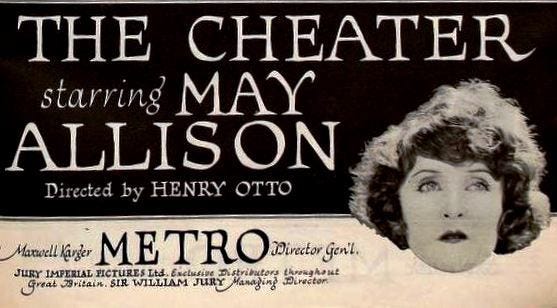Today’s guest writer is Hannah Leffingwell, a part-time faculty member at the New School and a freelance writer who covers gender, sexuality, and higher education. Thank you, paying subscribers, for making this guest writing initiative possible.
If you like this article, please:

Keep reading with a 7-day free trial
Subscribe to Political Junkie to keep reading this post and get 7 days of free access to the full post archives.




